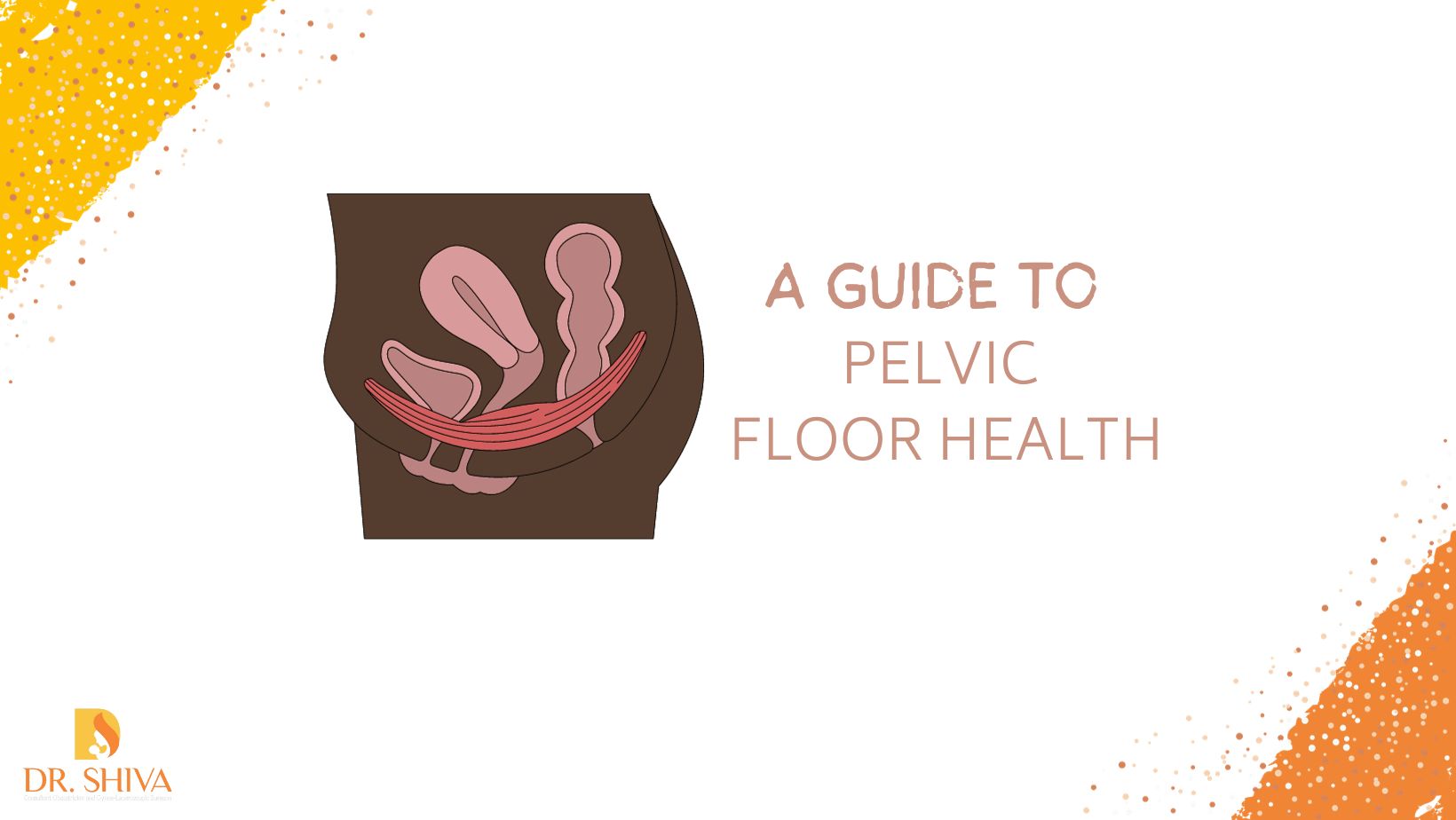
The pelvic floor is an amazing but often ignored region of the female anatomy that plays an important role in a woman’s general wellness and health. At the base of the pelvis, this muscles and tissues together produces a hammock-like structure that supports essential organs such as the bladder, uterus, small and large intestine, and rectum. While it is concealed from view, its importance cannot be underestimated.
Here we will explore more on pelvic floor health, including its significance, typical problems that women encounter, and strategies to keep it healthy and strong.
The Significance of a Healthy Pelvic Floor
A healthy pelvic floor offers numerous advantages:
- Supports Organ Health: The pelvic floor provides essential support to organs, preventing them from descending and causing conditions like prolapse.
- Controls Bladder and Bowel Functions: These muscles help maintain urinary and fecal continence, preventing leakage and incontinence issues.
- Enhances Sexual Function: A robust pelvic floor contributes to sexual satisfaction and the ability to achieve orgasms.
- Supports Pregnancy and Childbirth: A strong pelvic floor is vital during pregnancy and childbirth, aiding in labor and postpartum recovery.
Pelvic Floor Dysfunction and their causes
Despite its importance, the pelvic floor presents difficulties for a lot of women. Numerous conditions, including obesity, persistent constipation, pregnancy, childbirth, and overweight, can cause the pelvic muscles to weaken. Smoking, age, genetic factors, occupational risks, etc. can also have an impact on them. Pelvic floor dysfunction is the term for the condition caused by this weakening of the pelvic muscles.
Symptoms and concerns associated with pelvic floor dysfunction include:
- Incontinence: Stress incontinence or urine leakage when coughing, sneezing, or exercising. Another issue is urge incontinence, caused by an overactive bladder which causes a sudden, strong urge to urinate even though the bladder is not full.
- Pelvic Organ Prolapse: Weakening of the pelvic floor can lead to the descent of organs into the vaginal canal, causing discomfort and sometimes pain.
- Pelvic Pain: Chronic pelvic pain can be related to muscle tension or nerve issues within the pelvic region.
- Sexual Dysfunction: Weak pelvic floor muscles may contribute to difficulties with arousal, sensation, and orgasm.
If you experience any of the issues listed above, consult your doctor to help you treat the problem.
Treating or Maintaining Pelvic Floor Health
The good news is in order to maintain a strong and healthy pelvic floor, women can take proactive measures. The following are also to be considered if you are trying to solve the issues caused by poor pelvic health.
Non-surgical treatment –
- Kegel Exercises: Regularly performing Kegel exercises can help strengthen pelvic floor muscles. These exercises are similar to the contraction and relaxation of the pelvic muscles done during urination, but you will have to hold for 5 to 10 seconds each time.
- Good Posture: Maintaining proper posture, especially during pregnancy and while lifting heavy objects, reduces strain on the pelvic floor.
- Healthy Diet: Consuming a diet rich in fiber helps prevent constipation, reducing pressure on the pelvic floor.
- Maintain a Healthy Weight: Excess weight can strain the pelvic floor muscles, so maintaining a healthy weight is essential.
- Pelvic Floor Physical Therapy: This specialized therapy can help diagnose and treat pelvic floor issues through exercises and techniques.
- Mindful Breathing: Practices such as yoga and mindfulness meditation can aid relaxation and reduce tension in the pelvic floor.
- Medications and injections can help reduce frequent contractions of the bladder.
It is important to note that although these methods can be beneficial, they might not tackle every underlying problem. Certain symptoms may indicate the start of a more serious illness. As a result, if it appears you have a symptom, it’s best not to try self-remediation and instead see a doctor to rule out any serious illnesses.
Surgical treatments
If the patient is not improving with exercise or medicine, the doctor could recommend minimally invasive surgery which are primarily performed vaginally and have a quicker recovery period.
A healthy pelvic floor is important for a woman’s overall health and quality of life. By understanding its importance and taking steps to keep it strong, women can enjoy the benefits of a healthy pelvic floor. If you have concerns about your pelvic floor health, don’t hesitate to consult a healthcare provider or pelvic floor expert who can provide guidance and support tailored to your needs.

